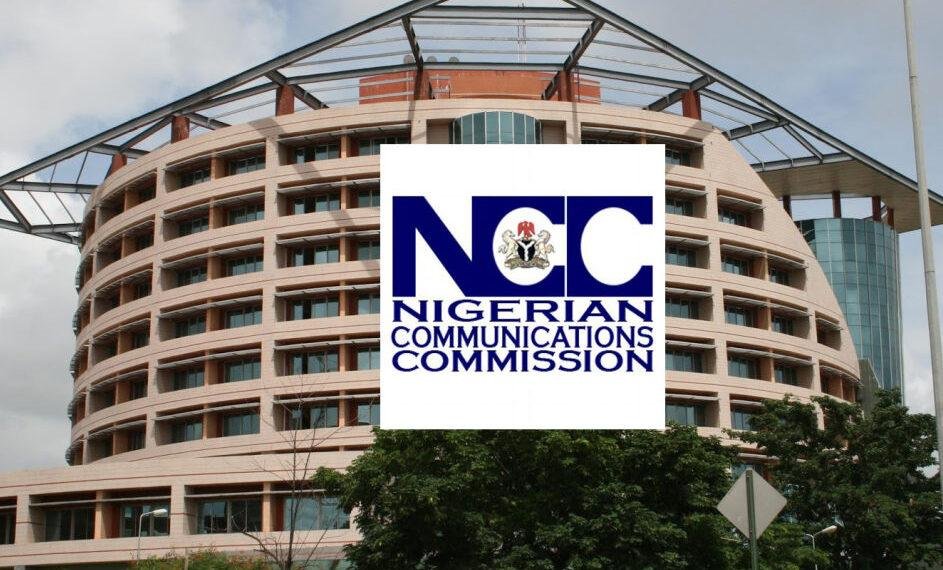The Nigerian Communications Commission (NCC) has issued a new directive compelling all telecom operators to publicly announce major service outages through media platforms.
The move aims to improve transparency, accountability, and consumer protection in the country’s telecommunications sector.
According to a statement released on Sunday and signed by Mrs. Nnenna Ukoha, Acting Head of Public Affairs at NCC, the directive mandates that telecom providers; including mobile network operators, internet service providers, and other last-mile operators must notify consumers of planned service disruptions at least seven days in advance.
The announcement must include the cause, affected areas, and estimated duration of the outage.
The NCC also stipulated that operators must provide appropriate compensation, such as service validity extensions, for any outage lasting more than 24 hours. This requirement aligns with the Consumer Code of Practice Regulations and reinforces the Commission’s consumer-first policy.
The Commission defined three categories of major outages: “Operational disruptions (e.g., fibre cuts, theft, vandalism, or force majeure) impacting 5% or more of an operator’s subscriber base or five or more Local Government Areas (LGAs).
“Unplanned isolation of network resources involving 100 or more sites or 5% of total sites (whichever is less), or disruption of a full cluster for 30 minutes or more.
Read also:
- Reps direct NCC to block pornographic websites
- Nigerians bash NCC over 50% telecom tariff hike
- NCC slams Starlink over unauthorized data tariff hike
“Degraded network quality in any of the top 10 states based on traffic volume, as specified by the Commission; Public Portal for Transparency
“To support the enforcement of this directive, the NCC has launched the Major Outage Reporting Portal, accessible via its website at www.ncc.gov.ng. The portal allows the public to view reported outages and identifies the parties responsible for any disruptions.”
Engr. Edoyemi Ogor, Director of Technical Standards and Network Integrity at the NCC, stated that the portal had been piloted with telecom operators over the past few months. “This initiative not only boosts transparency but also supports accountability by ensuring that saboteurs of telecommunications infrastructure are held responsible,” he said.
Ogor emphasized that the directive aligns with the Executive Order signed by President Bola Ahmed Tinubu, which classifies telecommunications infrastructure as Critical National Information Infrastructure (CNII). “Given the sector’s importance to national security and economic growth, safeguarding telecom assets is more critical than ever,” he added.






